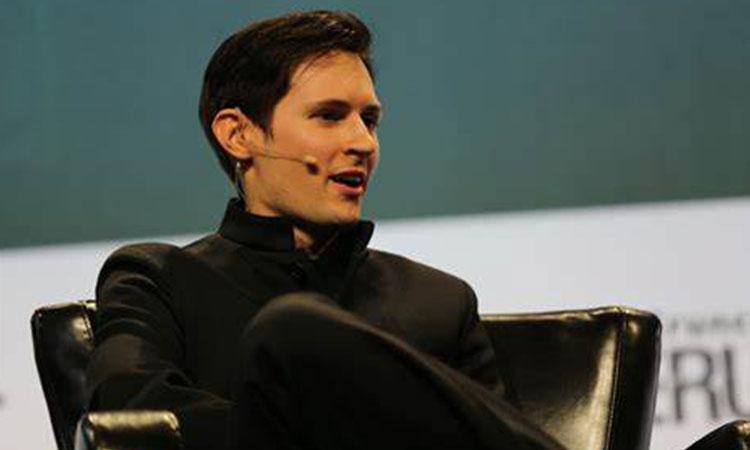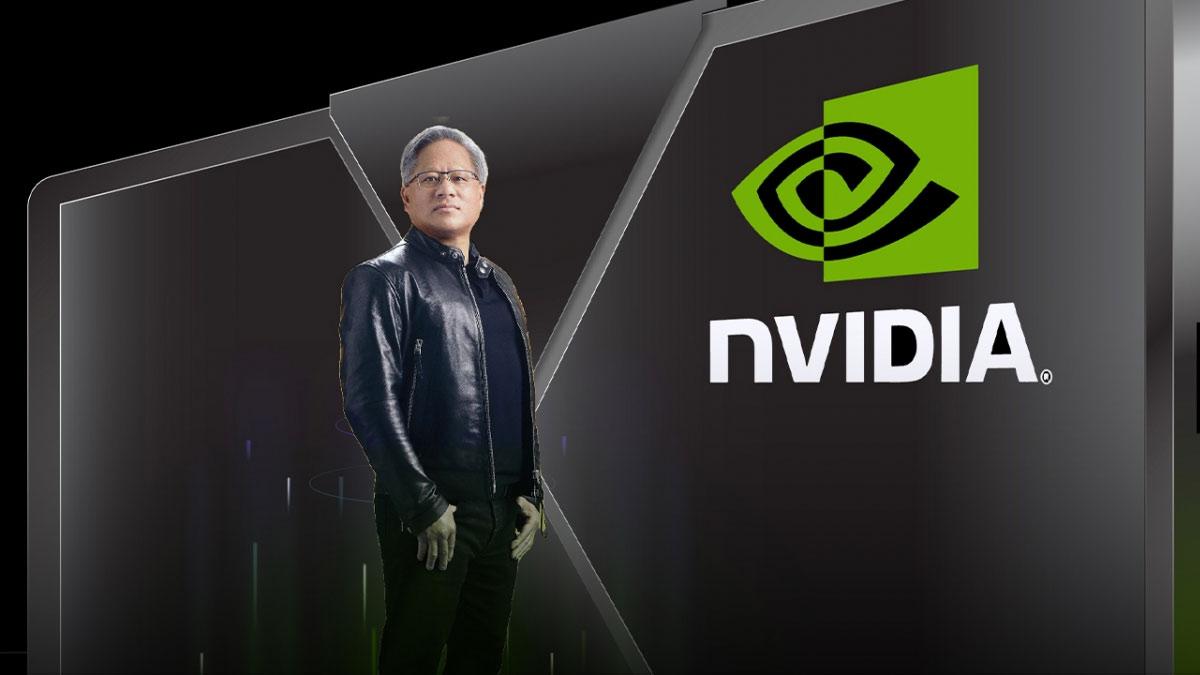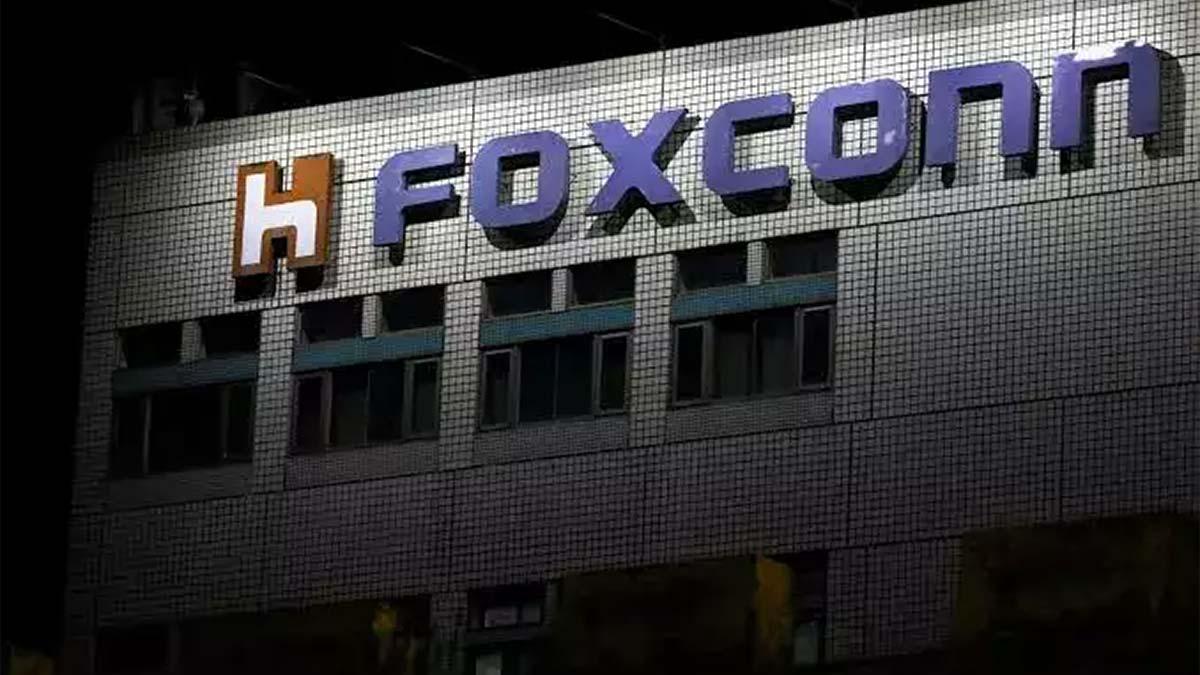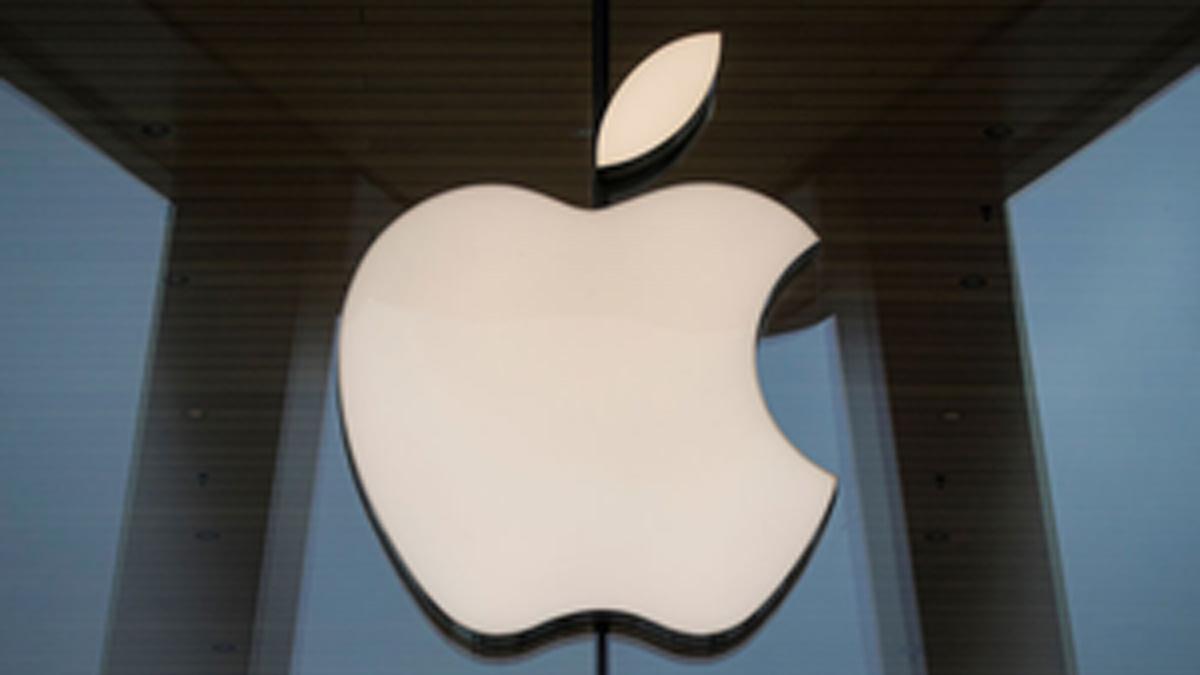Telegram's next step is to build a set of decentralised tools, including non-custodial wallets and decentralised exchanges for millions of people to securely trade and store cryptocurrencies, its Founder and CEO Pavel Durov has said.
He said that this can fix the wrongs caused by the excessive centralisation, "which let down hundreds of thousands of cryptocurrency users".
"The Blockchain industry was built on the promise of decentralisation, but ended up being concentrated in the hands of a few who began to abuse their power. As a result, a lot of people lost their money when FTX, one of the largest exchanges, went bankrupt," said Durov.
Cryptocurrency users should switch to trustless transactions and self-hosted wallets that don't rely on any single third party.
Also Read | Nearly 5,000 new cryptocurrencies emerged in 2022 despite harsh winter
"We, developers, should steer the blockchain industry away from centralisation by building fast and easy-to-use decentralised applications for the masses. Such projects are finally feasible today," said the Telegram CEO.
He said that it took only 5 weeks and 5 people, including himself, to put together Fragment -- a fully decentralised auction platform.
"Fragment has been an amazing success, with $50 million worth of usernames sold there in less than a month. This week, Fragment will expand beyond usernames," said Durov.
Also Read | Telegram CEO criticises Apple for App Store policies
The time when the inefficiencies of legacy platforms justified centralisation should be long gone.
"With technologies like TON reaching their potential, the blockchain industry should be finally able to deliver on its core mission - giving the power back to the people," he emphasised.


















